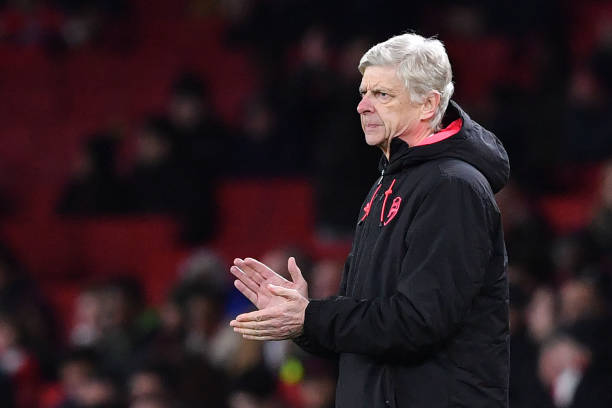Climbing into the top-four is starting to look like an impossible task, and winning the Europa League is a long-shot so could Arsenal cope with another year without Champions League football?
So far so bad
So far, Arsenal’s one year without the top European competition has been a bit of a nightmare.
The team have fallen way behind in the Premier League, and fielding two entirely different teams domestically and in Europe seemed to kill the club’s momentum as much as it helped in avoiding injuries.
Then there’s the financial impact.
In making it out of their Europa League group, Arsenal earned €5.26m. The maximum they could make, even by winning the competition, is €15.71m.
By comparison, Spurs earned €26.7m just for making it through the Champions League group stage.
Both clubs will earn more than just the standard prize money, with market pool payments and TV money, so this isn’t the full picture.
Still, it emphasises the major financial disparity between the two competitions and as Arsenal budget for being in the Champions League three out of every four seasons, what happens if they fail twice in a row?
Is that a major problem if Arsenal don’t qualify again next year?
On the surface, you’d think it shouldn’t be.
In the past, Arsenal have set aside cash reserves in case they don’t qualify for the competition.
Many players also receive big bonuses for reaching the Champions League, which the club didn’t have to pay this season, and wouldn’t have to pay next year either.
The problem is that the rules have changed since Arsenal started setting cash aside all those years ago. Now there are much stricter wage controls, which create more of an issue than transfer fees.
The new Short Term Cost Control (STCC) measures restrict teams to £7m salary increases each season. You can overspend against this amount, but only if you can show that the extra money comes from increased commercial or match-day revenue, or player sales.
TV money is specifically excluded from the calculation, or rather, it’s included in the calculation of the initial £7m increase. You can’t ramp up your wage bill just because Sky and BT spent another few billion to show your matches.
Arsenal therefore have to rely on the other three aspects.
Unfortunately, a big side-effect of losing Champions League is a hit to your commercial income and match-day revenue.
The club reduced season ticket prices for 2017/18 as a result of the drop to Europa League, so that’s an immediate hit to ticket sale income, even if they sell just as many.
The cash reserves Arsenal built up to prepare for this eventuality now can’t be used on wages. They’re still available for transfer fees, but there’s no point bidding £100m for a top player if you can’t pay his salary.
If Arsenal want to buy, they therefore have to sell. Fortunately, they’ve done pretty well at this so far.
A number of big earners are now off the books (Alexis Sanchez, Olivier Giroud, Francis Coquelin, Theo Walcott, Alex Oxlade-Chamberlain, Gabriel Paulista, etc.) and only a few players have joined in return. That should leave a bit of extra space in the budget for the summer.
Vicious cycle
The main problem with losing Champions League football is it makes it harder to get back into it. You lose a fair amount of income, making it difficult to spend on players, or pay their wages.
It also makes those players you do want less likely to want to join, since you don’t have the Champions League to offer. That,, in turn, might mean you have to pay more money to convince them, money you don’t actually have.
As well as that, you play on Thursday nights, so even the players you can convince to join will regularly play two matches just a couple of days apart. The impact that has on energy levels and the injury list can be costly.
Alternatively, you can try Arsenal’s method this year of playing different teams in each competition. That can be just as dangerous, as playing once a fortnight isn’t great for momentum.
These problems are likely to compound for every year Arsenal continue to stay out of the Champions League.
The financial issues won’t solve themselves until the club qualify again or pick up a major commercial deal (which is difficult when they’re playing so poorly).
One year of Europa League football probably won’t put too many players off, but two years, with no end in sight, and a squad losing one of their starting line-up every window?
That’s likely to be more of a problem.
I don’t think it’s impossible for Arsenal to get by, especially with a quality front four already tied down.
It’s just going to be much more difficult.
A late push for Champions League qualification would certainly be worth the effort.
